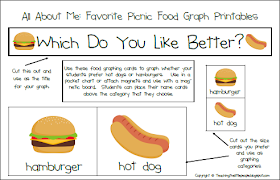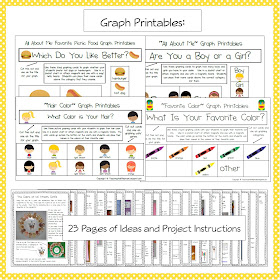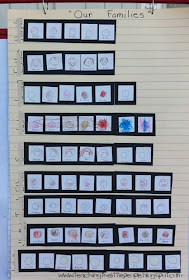One of these is making a name label for them for our job chart. Here is a (fuzzy) picture of it:
Both my name cards and my job pictures came from the Environments website, and I was able to customize them with my students' names for free!
When you go to the website, you will need to set up a log in profile to access the label-making tools. (I usually would rather not do this, but I think the free printables available are worth it.)
Once you do that, click on the "Resources" tab at the top of the page:
Next, click on the "Just for Me" Label Maker words (see them highlighted below):
From here, you can go to several different interesting places. However, to make your name labels, go to the "Name Labels" area. (This is also the page where you will find the job chart signs and lots of other interesting things.)
I like the "Standard Name Labels Image Right" option:
Your next option will be fill in the names that you want on your labels:
Once you fill in a label name, you can click on the camera (see camera circled above) to see the picture options. Pick the one that you want for each student name:
Fill in all of the names and pick the pictures that you want for each name:
Click on "Preview" and you will see the labels as they will look when you print them. However, in order to see the "Print" box shown below, you will need to disable popups for this website:

You can not save the labels, but instead must print them right from the screen as shown. Therefore, you will want to be at your printer and have the paper that you want to print on as you are doing this.
I love that you can customize the labels for each child - I use a picture that starts with the same letter as their name. The only time that this has been a problem is when I have a year with lots of one letters. For example, this is a big "J" year for the little People, and so I could use a few more "J" pictures.
However, for the convenience, the "cuteness" level, and the price, this resource can't be beat!
.JPG)












.JPG)





















.JPG)














